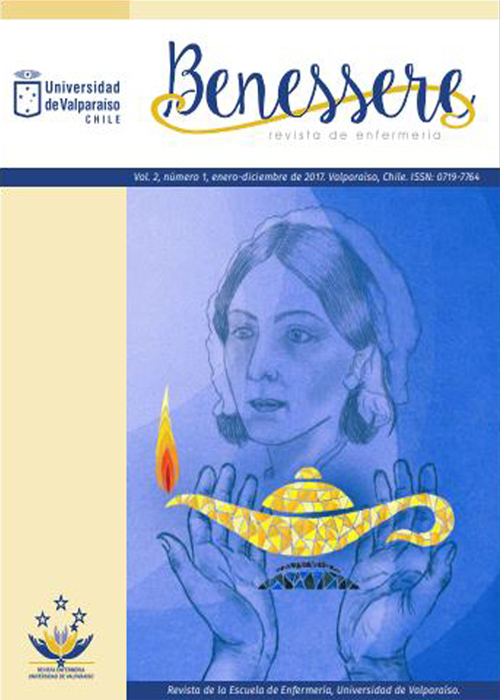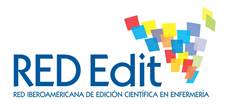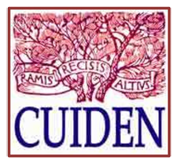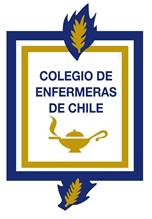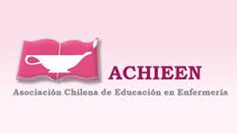Reproducibilidad de los resultados de un instrumento para valorar incontinencia urinaria en ancianos, Chile
DOI:
https://doi.org/10.22370/bre.51.2020.2720.Palabras clave:
Incontinencia urinaria, Anciano, Encuestas y Cuestionarios, Reproducibilidad de los resultadosResumen
Introducción. El objetivo fue determinar la reproducibilidad de los resultados de un instrumento de valoración de incontinencia urinaria en la población anciana o adulta mayor de ambos sexos, en la región de Valparaíso, Chile, durante el año 2019, por medio del cuestionario: Internacional Consultation on Incontinence Questionnaire Short Form (ICIQ-SF), orientado a valorar la incontinencia urinaria de manera transversal a la edad y sexo del usuario. El cuestionario fue validado originalmente en el idioma inglés, con un coeficiente Alfa de Cronbach de 0,95, con una fiabilidad calificada como muy satisfactoria. Posteriormente, en el año 2004, se realizó la validación de la versión española, permitiendo valores satisfactorios con un coeficiente Alfa de Cronbach de 0,89. En Chile, en el año 2012, el instrumento fue validado por la Universidad de los Andes en personas beneficiarias del Fondo Nacional de Salud (FONASA), pero con la limitante de sexo y edad, debido a su aplicaciónexclusiva en mujeres, el cual obtuvo un Alfa de Cronbach de 0,87, con una adecuada confiabilidad. Material y Método. Estudio cuantitativo, muestra por conveniencia, contó con la participación de un total de 93 adultos mayores, aprobado por el Comité de ética Universidad santo Tomás. Resultados. La edad promedio fue de 71,17 años (DE=8,397), ambos sexos con predominio femenino, se logró una fiabilidad de 0,684 con corrección de ítems invertidos. Conclusión. El instrumento presenta baja confiabilidad, por lo cual se recomienda su modificación para obtener un valor aceptable desde el punto de vista estadístico en futuras investigaciones.
Descargas
Descargas
Publicado
Número
Sección
Licencia
Aquellos autores/as que tengan publicaciones con esta revista, aceptan los términos siguientes:
- Los autores/as conservarán sus derechos de autor y garantizarán a la revista el derecho de primera publicación de su obra, el cuál estará simultáneamente sujeto a la Licencia de reconocimiento de Creative Commons que permite a terceros compartir la obra siempre que se indique su autor y su primera publicación esta revista.
- Los autores/as podrán adoptar otros acuerdos de licencia no exclusiva de distribución de la versión de la obra publicada (p. ej.: depositarla en un archivo telemático institucional o publicarla en un volumen monográfico) siempre que se indique la publicación inicial en esta revista.
- Se permite y recomienda a los autores/as difundir su obra a través de Internet (p. ej.: en archivos telemáticos institucionales o en su página web) antes y durante el proceso de envío, lo cual puede producir intercambios interesantes y aumentar las citas de la obra publicada. (Véase El efecto del acceso abierto).

